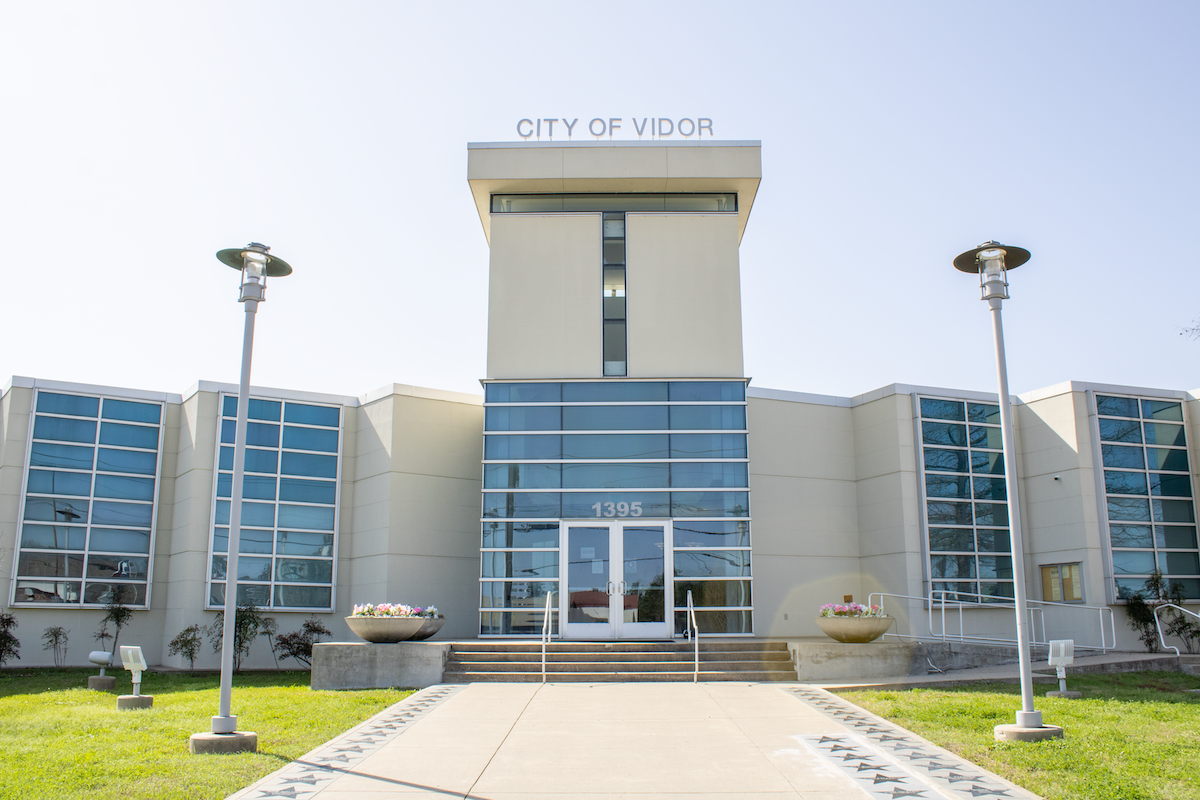THE LITTLE DEPOT WHO CAN
Published 8:38 am Thursday, August 13, 2015
By Carrie Woliver
“I think I can! I think I can!” is the memorable chant from a story book tale that we all remember, and we revisit it with every time we introduce a child or grandchild to the story. Why? Because the moral of the story is “Never give up on what you want to achieve.” And thus begins the story of our Southern Pacific Depot.
In the historic district of our fair town of Orange is the city’s last railroad depot that has a story of its own. If walls could talk, what would they reveal??
- Many hundreds of thousands of miles of rails were laid across this country since the 1830’s, and in Texas alone thousands of depots were built by various railroad companies to service the trains which transported people from town to town and hauled goods like lumber and food throughout the country. Can you imagine the thousands of Southern Pacific freight and passenger trains that stopped at Orange?
- The railroad initially served all the timber-related facilities in Orange, including the mills along the Sabine River.
- The Southern Pacific Railroad, and later the Union Pacific, provided jobs for locals who served as ticket agents, freight agents, trainmen, maintenance-of-way workers, and more.
- The depot was a bustling hubbub of activity prior to the arrival of each passenger train, when the excited passengers lined up to embark on their train to Houston, or New Orleans, or Chicago, or California, where they could also make connections to other parts of the country. Children especially loved to ride and watch the country roll by. Pullman cars provided sleeping accommodations for overnight rides, and dining cars served sit-down meals on special china embossed with the railroad company logo.
- During both World Wars, soldiers got on the trains which transported them to training posts, or to ports where they walked aboard the ships bound for battle fronts across the ocean. Many of those soldiers returned home to Orange, but some arrived in caskets after making the supreme sacrifice for their country.
- During WWII, Orange was the site of a large U.S. Naval Base, so the trains played a vital role in transporting those sailors, as well as products for the war effort. Our shipbuilding industry boomed during that period.
- The petrochemical industry did too. Chemical Row was formed during those early war years, and many of the companies supplied chemicals for the war effort. The SP trains transported products such as with nylon, polyethylene for plastics, butadiene for synthetic rubber, and more to points for distribution across the nation.
Hundreds of residents of Orange, who for years have seen the depot deteriorating over the years, are now trying to restore it to its former glory as the “gateway” to Orange, and now to the historic district, with the desire that residents and visitors alike can learn from the history that will line the walls when it is transformed into a museum honoring the city’s four main industries – timber, railroads, shipbuilding and petrochemicals.
Why a museum, you might ask? We all learn from history, and we deep down want visitors to see how proud we are of “our story,” from the pioneers who settled here, envisioning industry arise from the forests of pines, or ships being designed, built and sailed to many areas of the world, from the birth of petrochemical technology. History that is read can be forgotten but when it is personally experienced it can live on forever.
The Board of Directors and volunteers of the Friends of the Orange Depot are taking the mantra of “I think I can! I think I can!” and turning it into “I know I can! I know I can!” like the Little Engine That Could. And with your support and donations, we promise you a shiny little depot, beautifully restored, that will make you proud of Orange’s long and colorful history.
Carrie Woliver is Founder and President of Friends of the Orange Depot, a non-profit organization formed to save the Southern Pacific Depot for the residents of Orange. She is also the author of the book, The Train Stopped in Orange. www.orangetxdepot.org





